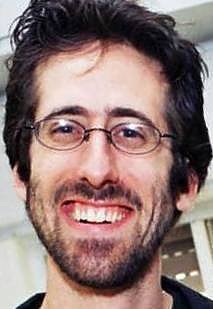Shoftim
Parshat Shoftim is concerned with the structures of governance of biblical society and their just operation: the government and its military, the courts and the religious authorities. Having emerged from the foreign slavery of Egypt and now attempting to maintain the freedom achieved in the Exodus, the parshah is concerned with ensuring the fair functioning …
Read More
